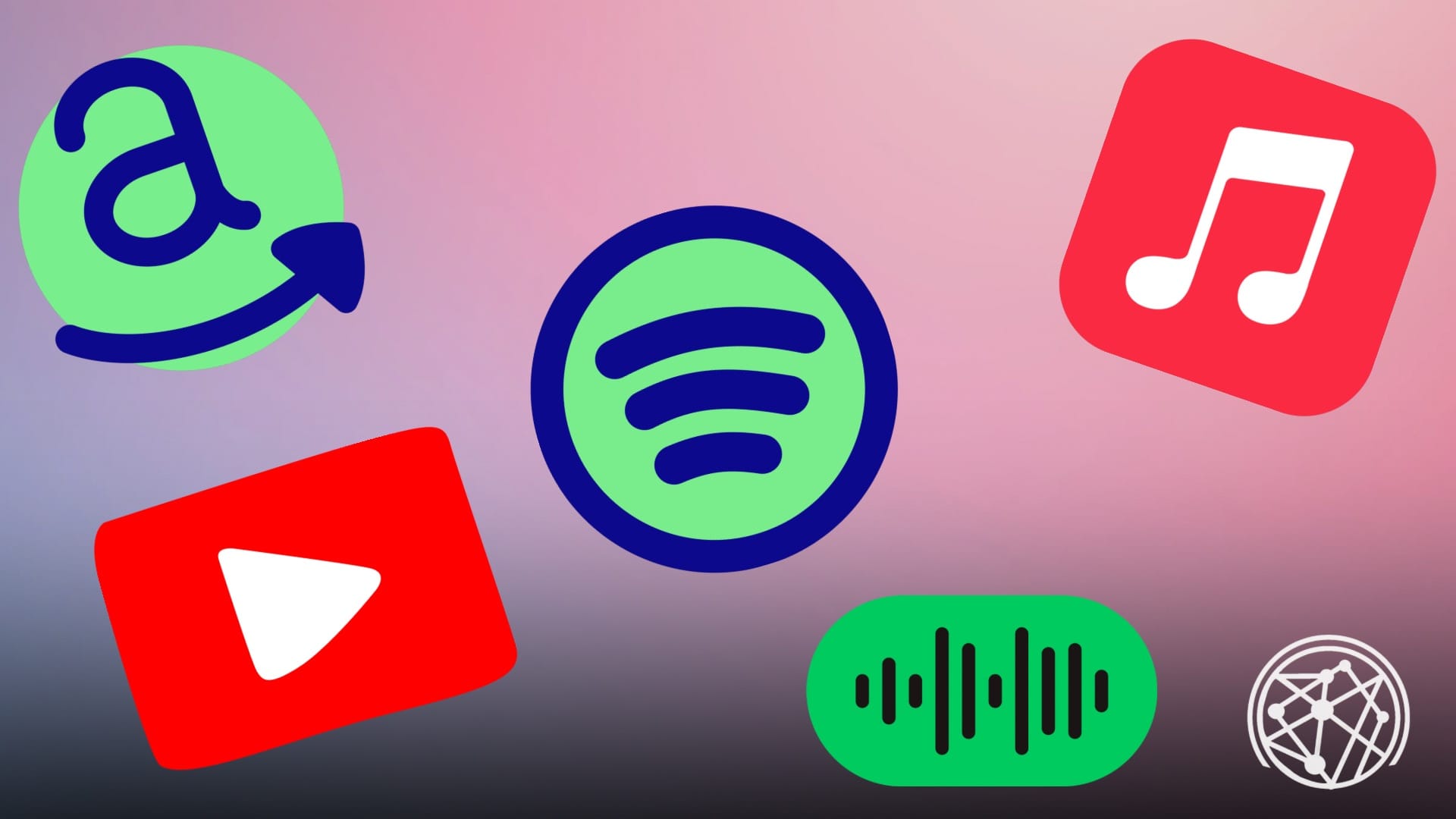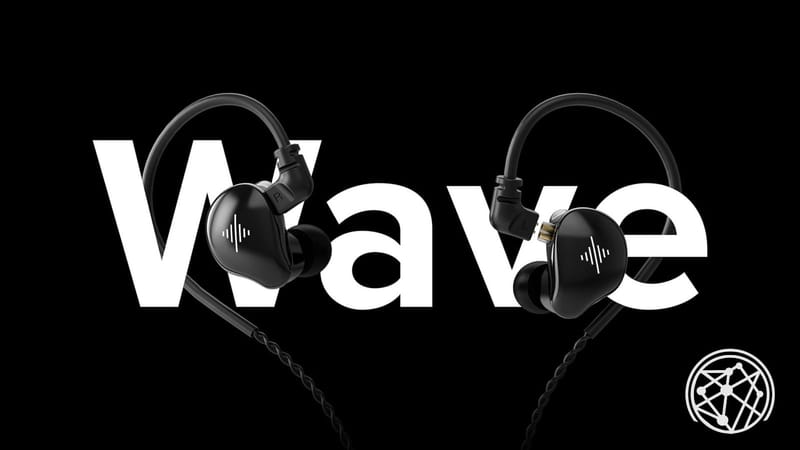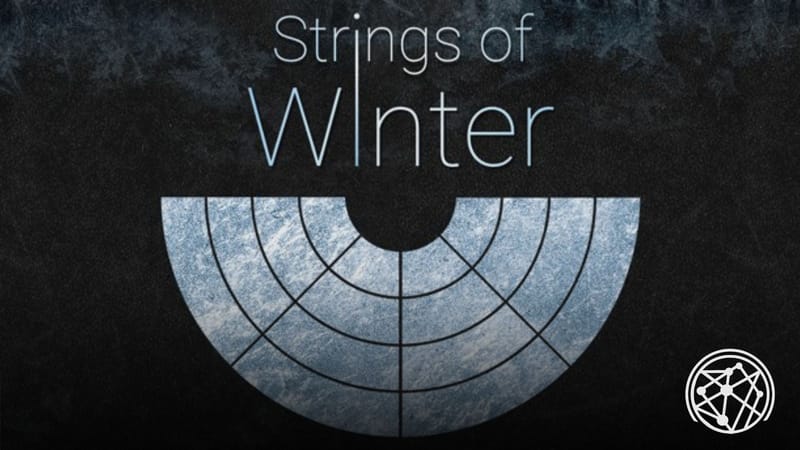The Best Music Release Strategies: Distribution, Pitching, Marketing, and More!
The music industry has never been more competitive. In 2024, for the first time, over 120,000 tracks were uploaded to streaming services per day—that's more music released daily than was released in the entire year of 1989. So how do you cut through the noise and make your song stand out?
The secret isn't just creating great music; it's implementing a strategic release plan that builds momentum from pre-launch through post-release. Whether you're an independent artist or working with a label, mastering your music release strategy can be the difference between a successful song and a song that no one hears.
Understanding Modern Music Release Strategies
Gone are the days when artists could simply drop an album and hope for the best. Today's successful musicians understand that a song release requires the same strategic planning as launching a product. The best advice is to treat the release of your musical project like an event, complete with timeline planning, audience engagement, and sustained promotional efforts.
The Waterfall Release Strategy Revolution

The most effective approach for modern artists is the waterfall release strategy. This approach involves staggering the release of singles from an album or EP over some time rather than dropping all tracks at once. Each single acts like a stepping stone, building a bridge to the next one, creating a consistent flow of content that keeps your audience hooked.
Spotify recommends a new release every 4-6 weeks, and this frequency helps maintain consistent visibility in streaming algorithms while keeping fans engaged between releases.
Choosing the Right Distribution Partner
Digital distribution is the backbone of your release strategy. It ensures your music gets on major streaming platforms like Spotify, Apple Music, Amazon Music, and YouTube Music. Here are some of the top distribution platforms to consider:
1. DistroKid
- Pros: Affordable pricing, fast upload process, keep 100% of royalties.
- Cons: No marketing or promotional support.
- Best For: Independent artists who want a cost-effective solution.
2. TuneCore
- Pros: Offers detailed analytics and marketing tools, keep 100% of royalties.
- Cons: Charges an annual fee per release.
- Best For: Artists with multiple releases who need in-depth analytics.
3. CD Baby
- Pros: One-time payment per release, strong licensing, and sync opportunities.
- Cons: Takes a small percentage of royalties.
- Best For: Artists seeking additional revenue streams through sync licensing.
4. Amuse
- Pros: Free distribution option available, user-friendly mobile app.
- Cons: Limited features in the free tier.
- Best For: Emerging artists testing the waters of digital distribution.
When choosing a distributor, consider factors like cost, speed of distribution, additional features (like sync licensing), and the platforms they support.
Pre-Release Strategy: Building the Foundation

Your pre-release phase is crucial for creating anticipation and ensuring your launch has maximum impact. This period typically begins 6-8 weeks before your official release date.
Timeline and Planning
Start by creating a comprehensive release checklist. Submitting your release 4-6 weeks in advance ensures it's properly ingested on DSPs (digital service providers) and reduces the chance of delivery errors. This extra time also improves your chances of landing on playlists or editorial features.
Your pre-release timeline should include:
- 6-8 weeks before: Submit to distributors and streaming platforms
- 4-6 weeks before: Begin playlist pitching and press outreach
- 3-4 weeks before: Launch pre-save campaigns
- 2-3 weeks before: Ramp up social media teasers
- 1 week before: Final promotional push and behind-the-scenes content
- After Release: Social Media Promos, Press Features, and Promo Content
Pre-Save Campaigns That Convert
Pre-save campaigns are one of the most powerful tools in your arsenal. Pre-save campaigns allow fans to add your upcoming single to their playlists before its official release. This not only guarantees streams on release day but also signals to streaming algorithms that your track has high engagement potential.
To maximize your pre-save campaign effectiveness:
- Offer exclusive content or early access to the song as incentives
- Use platforms like Spotify for Artists, Apple Music for Artists, and third-party services
- Share pre-save links across all social media channels
- Create urgency with limited-time offers or exclusive merchandise bundles
Social Media and Content Creation
Your social media strategy during pre-release should focus on building anticipation without overwhelming your audience. Share behind-the-scenes studio footage, song snippet teasers, and personal stories about the creative process. The goal is to make your audience feel invested in your journey before the song even drops.
Launch Day Strategy: Maximizing Impact
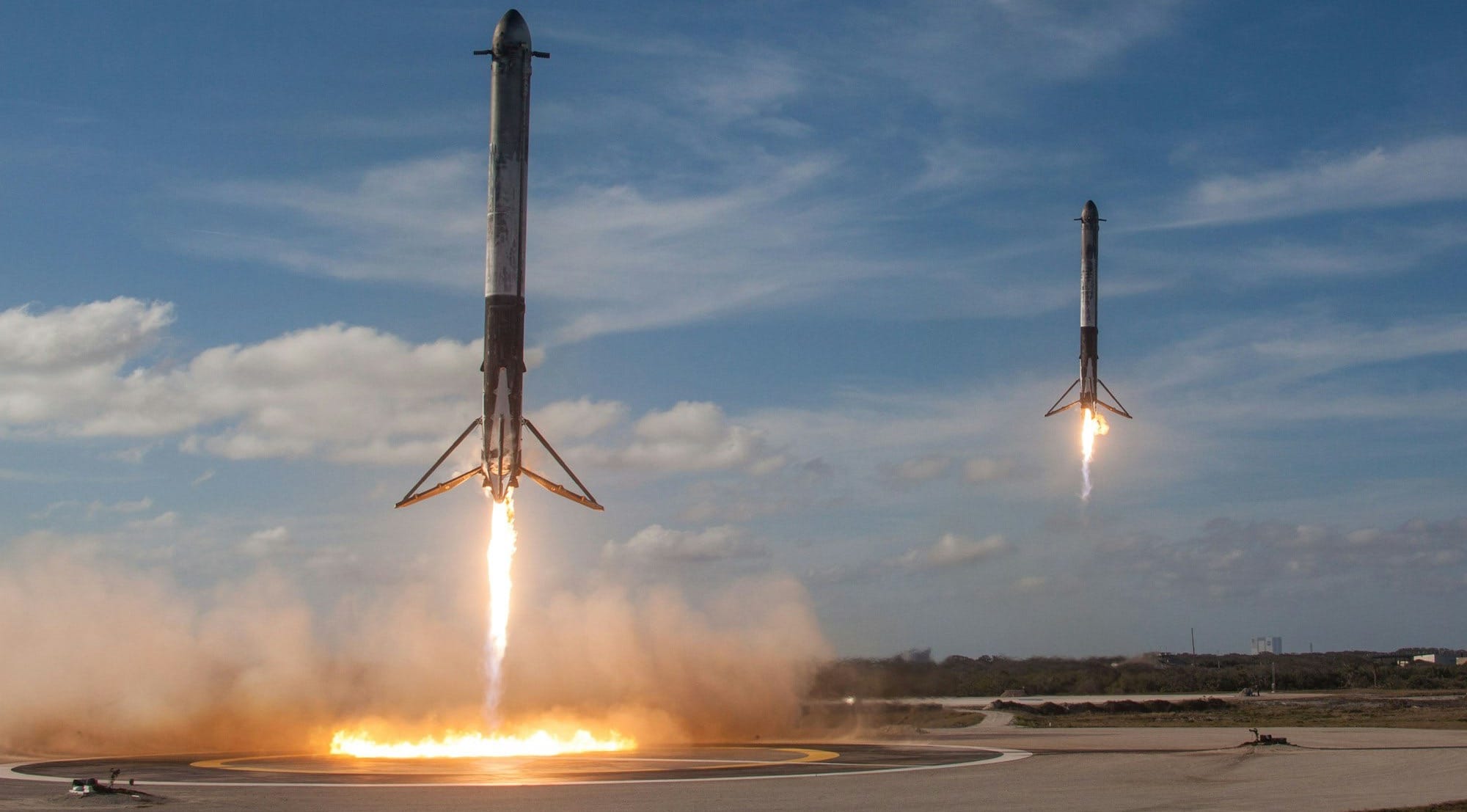
Release day is your moment to shine, but success depends on orchestrating multiple promotional elements simultaneously.
Streaming Platform Optimization
Ensure your release is optimized for discovery across all platforms. Use features on Spotify for Artists like Canvas, to upload visuals along with your music to make the overall experience for a listener much more captivating. High-quality cover art, compelling song descriptions, and proper genre tagging all contribute to algorithmic visibility.
Playlist Pitching Strategy
Playlist placement can make or break a release. The main objective is to get your single featured on playlists that have a strong following, as this can significantly improve your release's visibility and streams. Focus on both editorial playlists (curated by streaming platforms) and user-generated playlists in your genre.
Research playlist curators who feature similar artists and reach out with personalized pitches that highlight what makes your song unique and why it fits their playlist's vibe.
Press and Media Outreach
Coordinate your press campaign to coincide with your release. Target music blogs, podcasts, and influencers who cover your genre. Provide them with high-quality assets including professional photos, song stems for remixes, and compelling artist stories that make your release newsworthy.
Post-Release Strategy: Sustaining Momentum

The work doesn't stop when your song goes live. Your post-release strategy determines whether your track has lasting power or quickly fades into obscurity.
Leveraging User-Generated Content
Encourage fans to create content around your song. Whether it's dance challenges on TikTok, cover versions, or simply sharing their favorite lyrics, user-generated content extends your reach organically and creates authentic engagement.
Sync Licensing Opportunities
Sync opportunities bring your melodies to screens big and small, catapulting your music to wider audiences. The key? Ensure your song resonates with the visual storytelling it complements. Research music supervisors, create instrumental versions of your tracks, and actively pitch for placement in films, TV shows, commercials, and video games.
Performance and Live Engagement
Seek more press coverage, book gigs at popular venues and keep an eye out for sponsorship opportunities. Be proactive and use this post-release period to your advantage. Live performances not only generate additional revenue but also create memorable experiences that turn casual listeners into devoted fans.
Building Your Digital Presence
Band websites are a music marketing tool that musicians often overlook. When you create a website for your project you're claiming an online space that's uniquely yours. Use your website to host your electronic press kit, collect fan emails for newsletters, announce tours, and showcase your artistic vision.
Advanced Music Marketing Tactics for 2025

The Power of Consistency
A music marketing plan these days is about consistent waterfall-style releasing. Rather than releasing one song and hoping for the best, successful artists maintain consistent visibility through regular releases, collaborations, and content creation.
Data-Driven Decision Making
Use analytics from streaming platforms, social media, and your website to understand your audience demographics, listening habits, and engagement patterns. This data should inform your future release strategies, tour planning, and content creation.
Community Building Over Follower Counting
Focus on building genuine connections with your audience rather than chasing vanity metrics. A smaller, engaged fanbase is more valuable than thousands of passive followers. Respond to comments, share fan content, and create opportunities for meaningful interaction.
Common Release Strategy Mistakes to Avoid
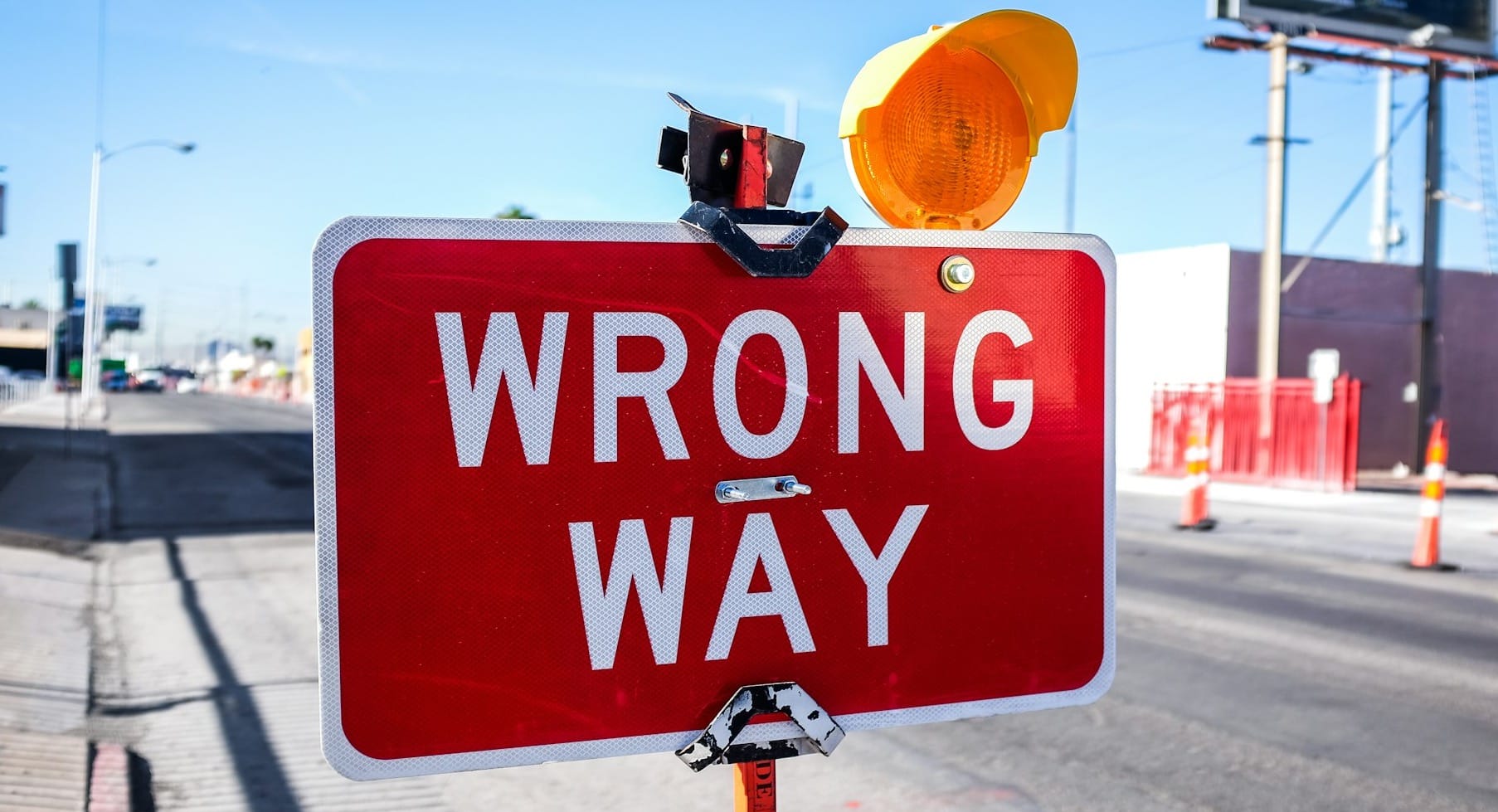
Many artists sabotage their own success by rushing their release strategy. Avoid these critical mistakes:
- Skipping the pre-release phase entirely
- Focusing only on Spotify while neglecting other platforms
- Forgetting to optimize for different time zones during global releases
- Neglecting or not planning to create content for post-release promotion
- Underestimating the importance of professional visuals and branding
Conclusion: Your Path to Release Success
A successful music release strategy requires careful planning, strategic execution, and sustained effort across multiple phases. From building pre-release anticipation through pre-save campaigns and social media teasers to maintaining post-release momentum with sync opportunities and live performances, every element plays a crucial role in your song's success.
Remember, the waterfall release strategy offers several advantages. The primary benefit is helping to maintain fan engagement over time and allowing release campaigns to last longer. By implementing these strategies consistently and adapting them to your unique artistic vision, you'll be well-positioned to cut through the noise and connect with your ideal audience.
The music industry may be more competitive than ever, but with the right release strategy, your songs have the potential to reach and resonate with listeners worldwide. Start planning your next release with these strategies in mind, and watch as your music finds its way to the ears that need to hear it most.
Thanks for reading!
- Read more of the latest rock/metal news here
- Subscribe to our Metal News Email list for weekly updates!
- Join our free 5-day music marketing email course!
- Support The Metalverse and go ad-free.
- Follow us on Social Media | Instagram | Facebook

